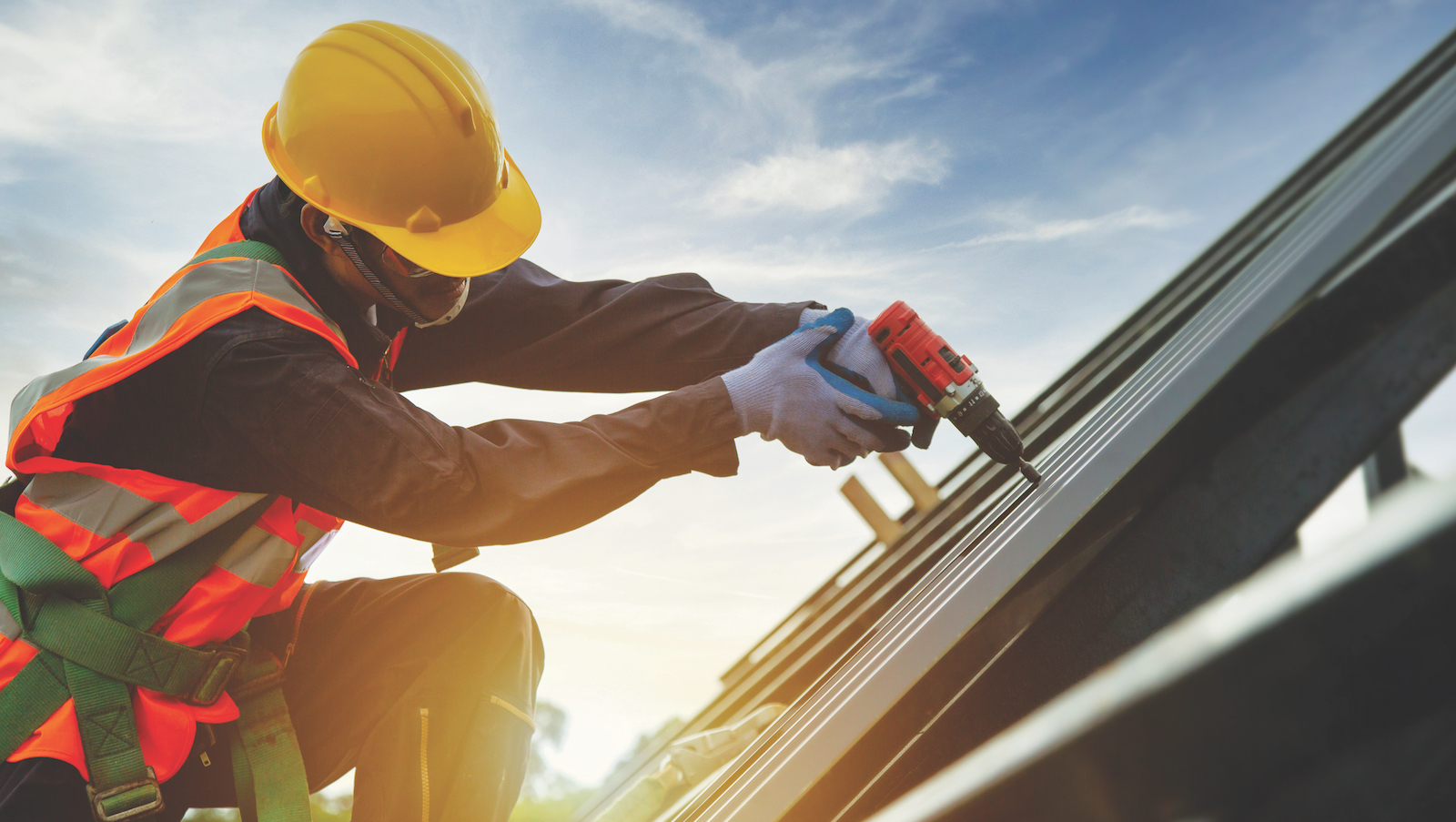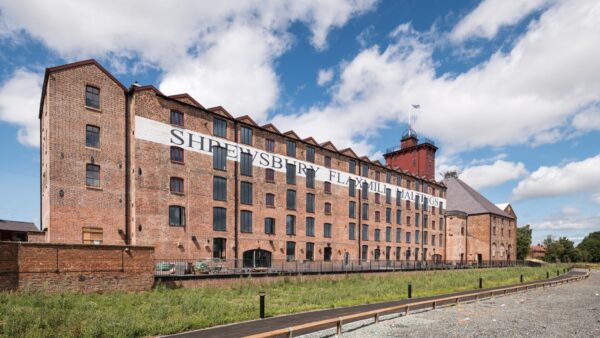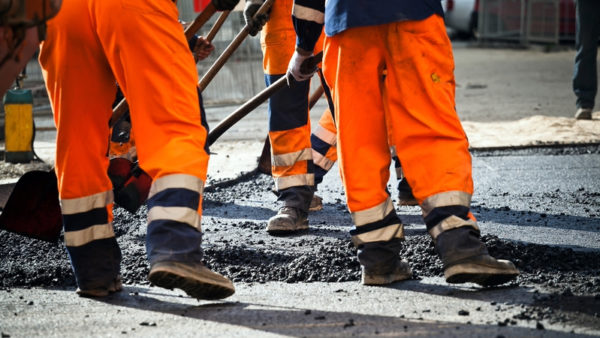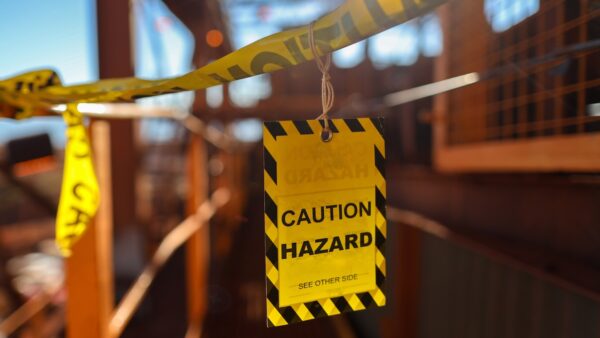
The Chartered Institute of Building (CIOB) is urging the government to introduce a loan scheme to help with the costs of retrofitting homes in the UK.
Unlike previous government initiatives, the proposed ‘help to fix’ interest-free loan would cover the full cost of home improvements, such as double glazing, insulation or installing new roofs.
CIOB said this loan scheme would enable homeowners to bring down fuel bills by making their properties more energy efficient. It added that it will be a necessary step if the government is serious about meeting its carbon reduction targets.
The UK has one of the oldest housing stocks in Europe, with the smallest proportion of homes built after 1970 and the second highest proportion built before 1919. 45% of the country’s carbon emissions come from energy consumption in buildings.
Why previous retrofit loan schemes failed
CIOB said that previous government schemes, such as the Green Homes Grant and Boiler Upgrade Scheme (BUS) failed for several reasons, most notably that homeowners were required to part-fund energy efficiency work in a lump sum.
The CIOB policy team said that for many people this was not an affordable option – and definitely not now during a cost-of-living crisis.
However, CIOB added that funding is not the only reason why previous improvement schemes were unsuccessful. Issues around their promotion, consumer confidence and ensuring skilled tradespeople were available to meet the demand for their services, also contributed to their downfall.
The House of Lords Environment and Climate Change Committee also noted that public awareness of low-carbon heating systems is limited, and the promotion of the BUS was inadequate.
A CIOB consumer survey earlier in the year found that 53% of adults in the UK had not heard of BUS, Home Upgrade Grant, ECO Plus/ECO+ Scheme or the Social Housing Decarbonisation Fund.
‘We are not being listened to’
David Parry, CIOB’s parliamentary and public affairs officer, said: “We and the wider industry have been calling for a national strategy for retrofitting for years now but we’re not being listened to.
“Poorly planned, ad hoc schemes such as the Green Homes Grant have been failures because homeowners are still expected to find a percentage of the cost of having work carried out on their home and people just don’t have that disposable income.
Parry said that a national strategy created with multiple future governments in mind will be necessary if the country wants to deliver results “at the pace and scale required”.
He added: “A long-term initiative where homeowners can borrow the full cost of improvement works would in our view incentivise a big upturn in demand, which in turn will help improve the energy efficiency and quality of the nation’s housing stock, reduce energy use and associated costs for consumers, while also cutting carbon emissions and accelerating the move to net zero.
“Factored into a wider strategy, developed with industry experts, which considers the training of a skilled workforce, a Help to Fix scheme could go a long way to achieving the goals the government has set itself but is currently nowhere near meeting.”
The Help to Fix loan initiative is included in the institute’s response to the Energy Security and Net Zero Committee’s recent Heating our Homes inquiry.
Comments
Comments are closed.












Unfortunately the majority of domestic building extensions have been carried out by unqualified builders and has resulted in homeowners having little confidence in commissioning energy retrofits. Until an effective licensing scheme is in place and the number of qualified domestic builders is significantly increased retrofitting at scale is unlikely.
I have a more positive view. I support this initiative as the climate challenges are uppermost in my mind. Yes, there will be difficulties in implanting the scheme, but it will add value to the skills base, add value to the housing stock at a time when new-builds may suffer a downturn, and also help to meet the net zero targets that government have agreed.
Perhaps the CIOB can ensure that the standards of “fixes” are at the appropriate high level of quality? This would also create brand value for the Institute and create “supervisory” roles that qualified members could fulfill.
This would be a good vehicle to assist home owners and landlords make meaningful improvements to homes, however without a robust inspection and certification scheme, and/or proper licensing of domestic builders it is yet another government scheme that will be open to abuse, and potentially do more harm than good to our housing stock.